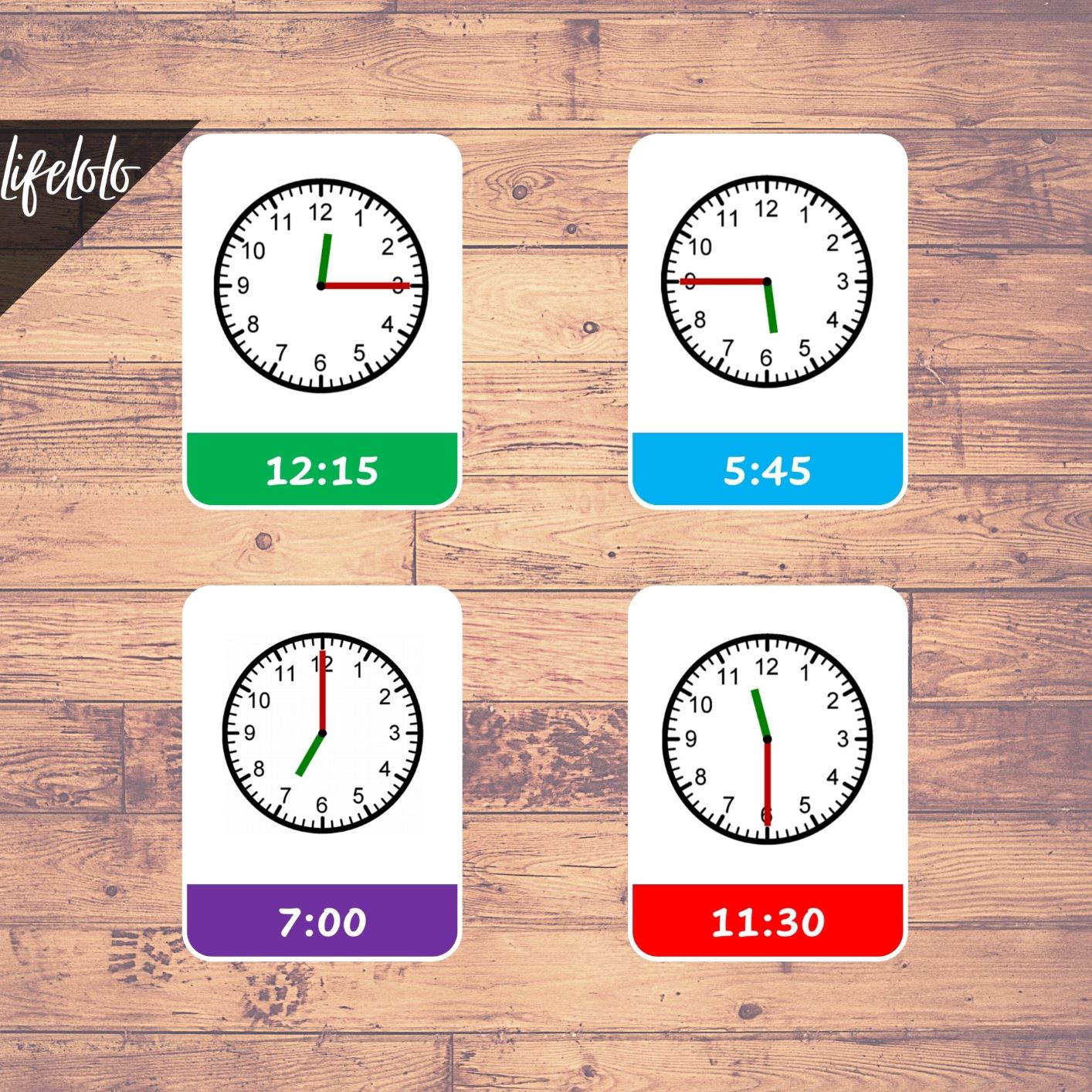
W tym sensie czas obejmuje również upływ dni w kalendarzu. Czas systemowy w informatyce i programowaniu komputerów reprezentuje pojęcie upływu czasu w systemie komputerowym.Library routines are also generally provided that convert calendar times into system times. Library subroutines that handle such conversions may also deal with adjustments for time zones, daylight saving time (DST), leap seconds, and the user's locale settings. For example, the Unix system time 1000000000 seconds since the beginning of the epoch translates into the calendar time 9 September 2001 01:46:40 UT. System time can be converted into calendar time, which is a form more suitable for human comprehension.

#PUREBASIC ELAPSED TIME WINDOWS#
Systems that implement the 32-bit and 64-bit versions of the Windows API, such as Windows 9x and Windows NT, provide the system time as both SYSTEMTIME, represented as a year/month/day/hour/minute/second/milliseconds value, and FILETIME, represented as a count of the number of 100-nanosecond ticks since 1 January 1601 00:00:00 UT as reckoned in the proleptic Gregorian calendar.

For example, Unix and POSIX-compliant systems encode system time ("Unix time") as the number of seconds elapsed since the start of the Unix epoch at 1 January 1970 00:00:00 UT, with exceptions for leap seconds. System time is measured by a system clock, which is typically implemented as a simple count of the number of ticks that have transpired since some arbitrary starting date, called the epoch. In this sense, time also includes the passing of days on the calendar.



 0 kommentar(er)
0 kommentar(er)
